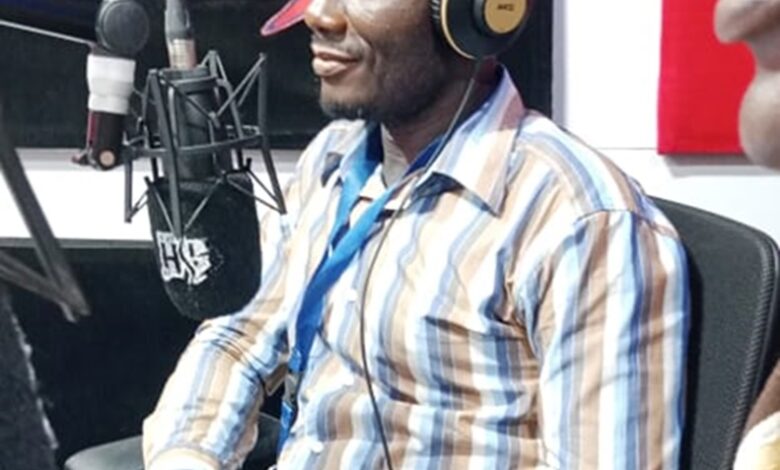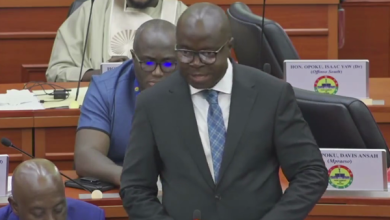
Adubofour Kwabena Osei Owusu, Afigya Kwabre North Education Directorate
Education stands as the backbone of any nation striving for business success. It is through education that a country’s human resources are nurtured to propel diverse economies worldwide. This truth is universally acknowledged by Ghanaians, including our political elites.
Regrettably, the leadership of our beloved Ghana seems to have turned a blind eye to this essential truth. The reasons behind this neglect remain within their realm.
Education has been cynically manipulated as a means to garner votes, particularly in areas with significant populations. Any educational policy introduced is swiftly politicized, catering to the whims and fancies of political parties.
Statistics reflect Ghana’s educational progress, with enrollment rates in primary education reaching around 90%, as reported by UNESCO. However, despite increased enrollment, challenges persist in the quality of education. Reports have highlighted issues such as overcrowded classrooms, lack of teaching materials, and insufficient trained teachers.
Take, for instance, the licensure examination, initially conceptualized during President Mahama’s administration and currently being implemented under President Nana Akuffo Addo. This policy, which should safeguard educational standards, has become a mere tool for political campaign rhetoric between Ghana’s major political parties.
Unfortunately, this self-serving agenda has placed the quality of education they once cherished at risk.
The promised capitation grant fails to arrive as expected, leaving headteachers struggling to maintain their schools. Reports from organizations like the World Bank indicate infrastructure deficits in schools, including inadequate facilities such as classrooms, libraries, and sanitation, affecting the learning environment.
True quality education can only thrive with stringent monitoring and supervision in schools. However, the pertinent question arises: how frequently does the government allocate funds for regional and district education offices to conduct necessary monitoring and supervision? Directors often resort to appealing to Members of Parliament and local assemblies for monitoring funds.
Furthermore, Ghana is grappling with a shortage of teachers, particularly in rural regions, leading to an imbalance in the student-to-teacher ratio and significantly affecting the quality of education provided.
As a result of this frustration, a considerable number of teachers are departing the country in pursuit of better opportunities abroad.
This exodus has substantially contributed to the attrition of teachers within the nation. Unfortunately, it appears that the authorities are not addressing this issue adequately or showing sufficient concern about its impact.
School Improvement Support Officers (SISOs), tasked with a crucial role, utilize their meagre salaries to fuel and maintain the motorbikes provided by the government. Their silence on the issue stems from fear of victimization.
The political class seems indifferent to the quality of education in our public basic schools. Their lack of belief in the policies they introduce to these schools becomes evident. One must question how many of them enroll their children in public basic schools in Ghana. Surprisingly, a considerable number opt to educate their offspring in Europe or America.
If these leaders truly have faith in our public basic schools, they should demonstrate it by enrolling their children in these institutions. By doing so, they could comprehend the plight faced by teachers and education officers, prompting them to rectify the flaws in our educational system.
In conclusion, it’s imperative for Ghana’s political class to appreciate and invest in the quality of education in public schools. This involves not only implementing robust policies but also personally engaging with the system they oversee. Only then can genuine reform and progress in education be realized
Story By
Adubofour Kwabena Osei Owusu,
Afigya Kwabre North Education Directorate.
Boamang, Ashanti Region




